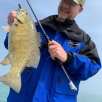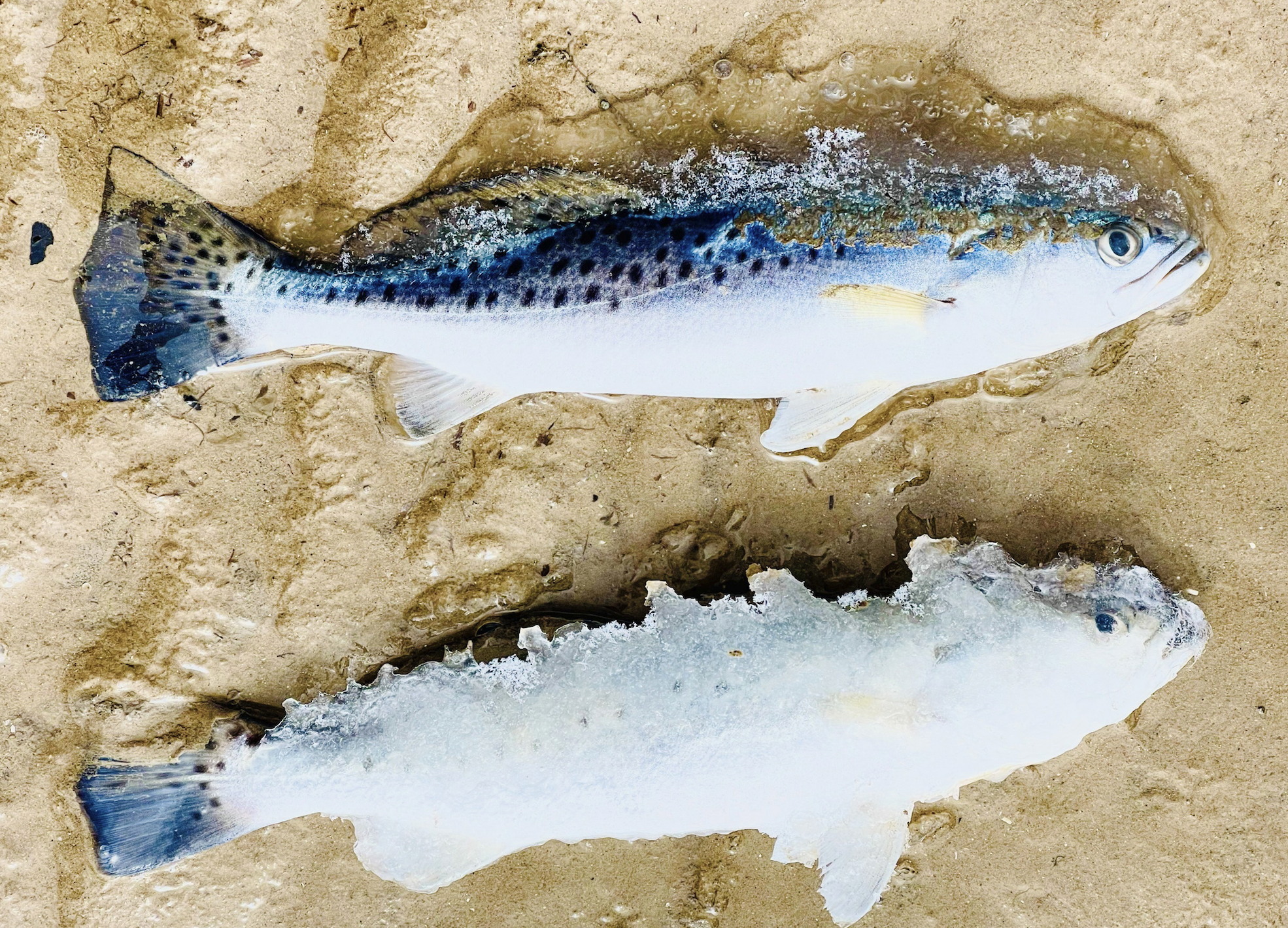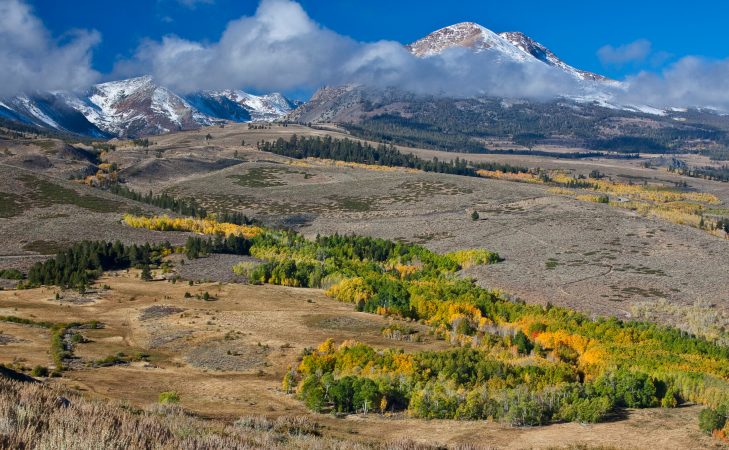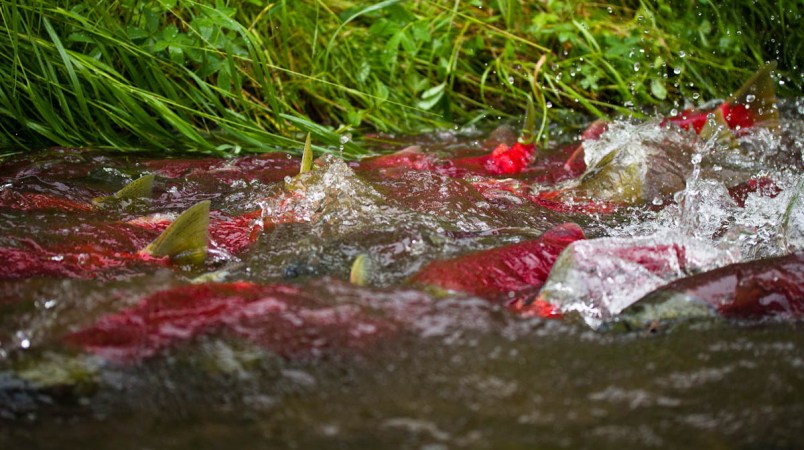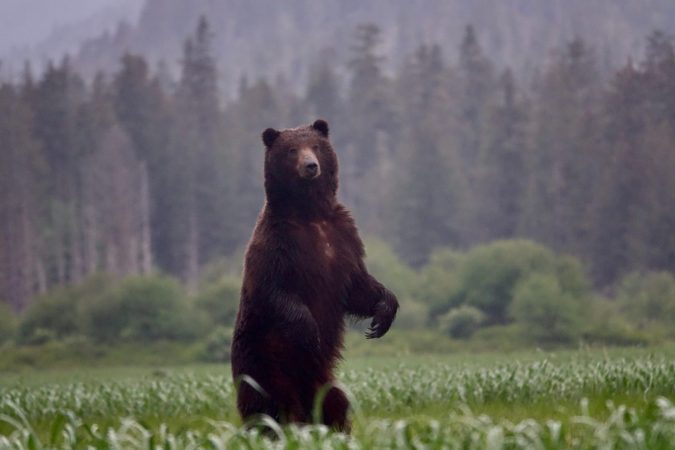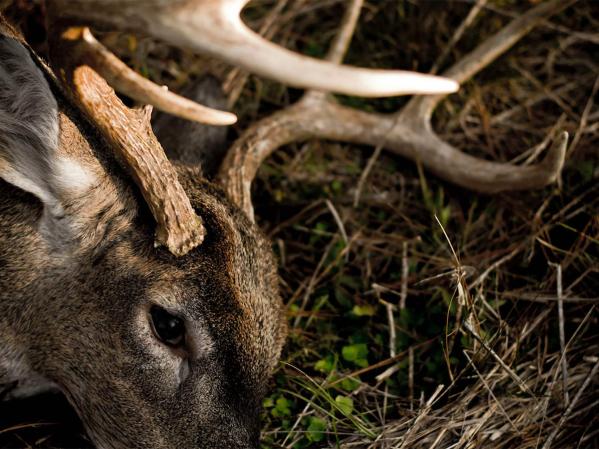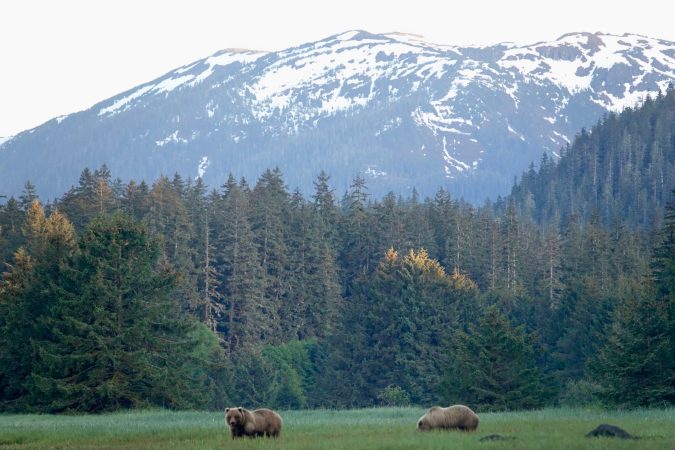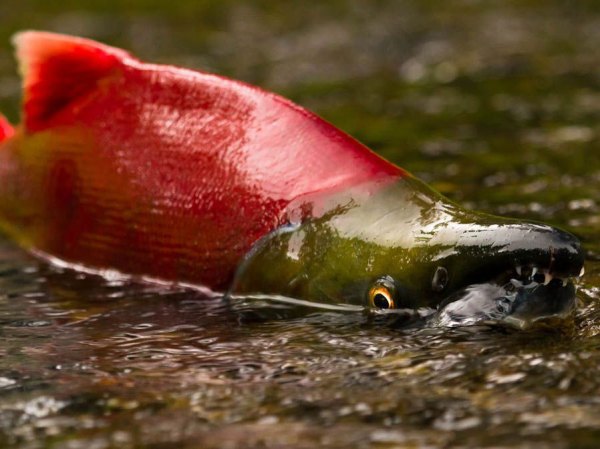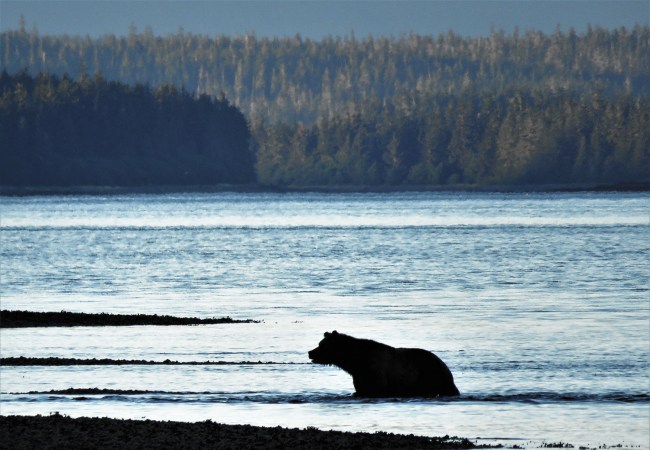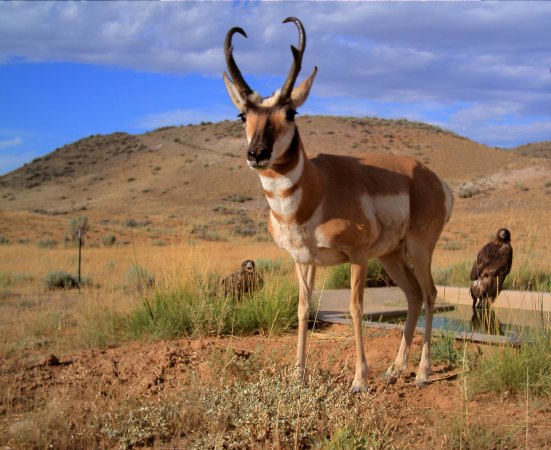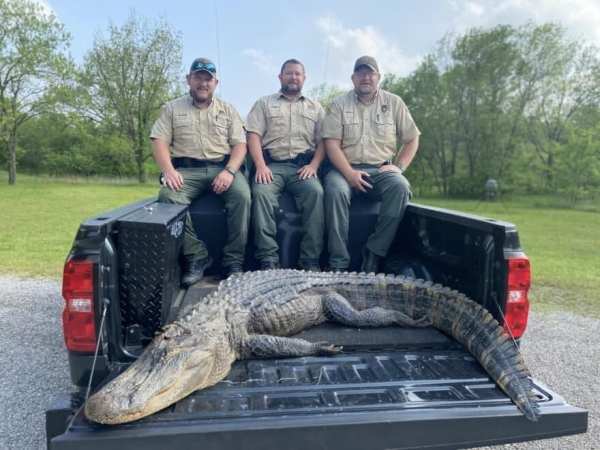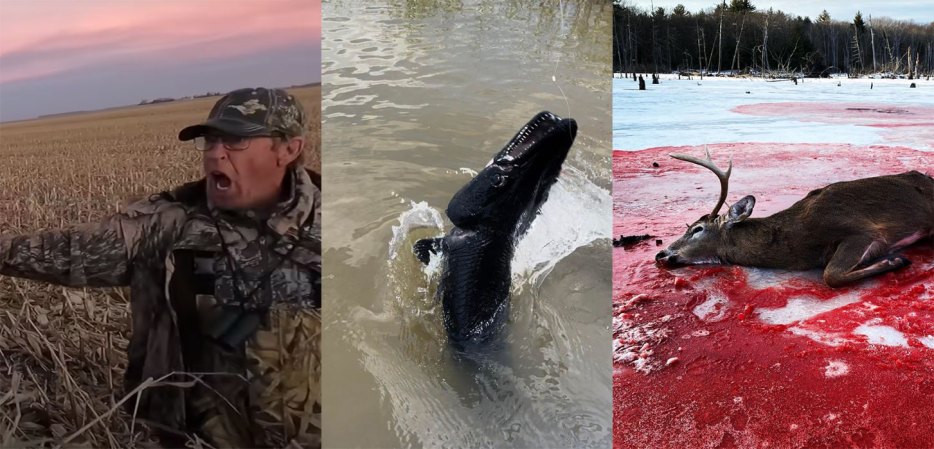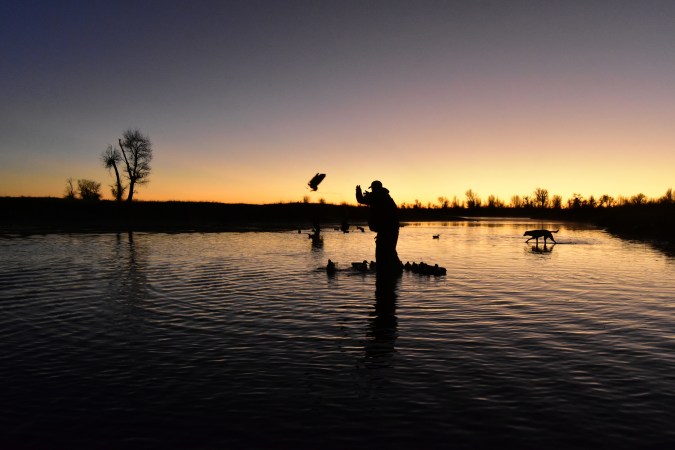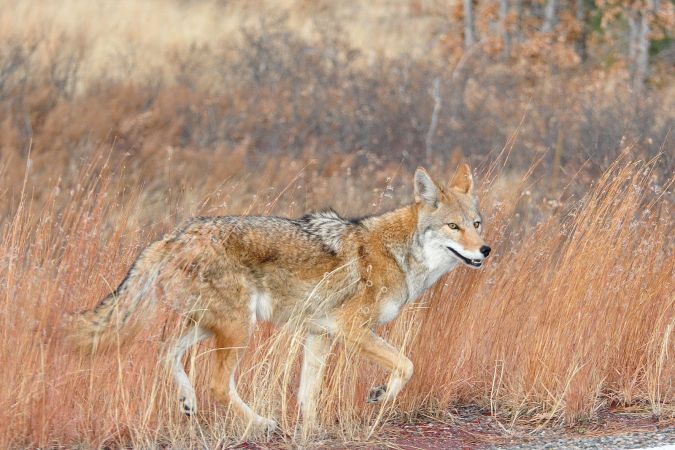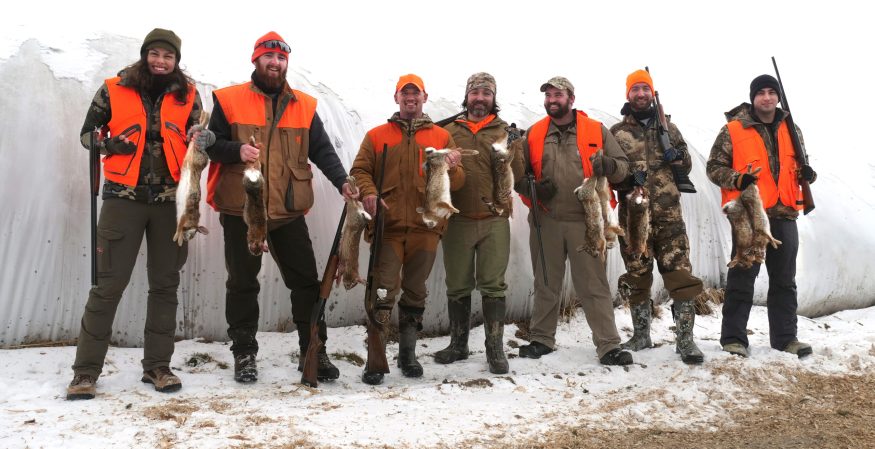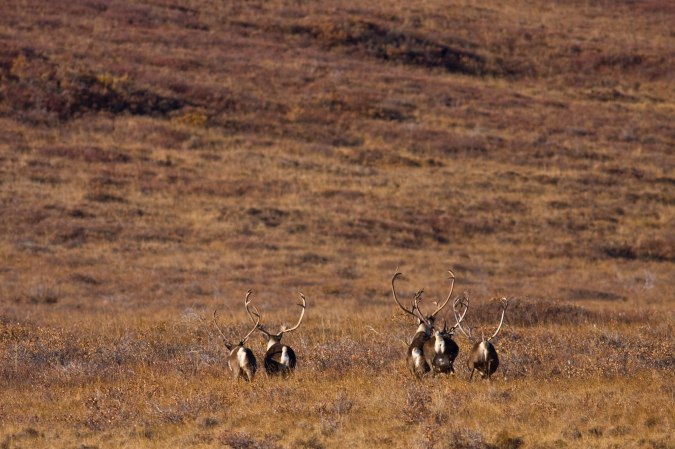While we know the Arctic blast that crippled much of the Southwest and Southeast last week caused unprecedented damage to cities and homes, the full extent of its impact on wild game and fish populations remains unclear. State wildlife officials are still conducting surveys to assess the situation.
Mortality is expected in big and small game and non-game animals, game birds, songbirds, and fish due to the storm itself, as well as continued freezing temperatures, ice, snow, and frozen waterways. Quail in Texas and Oklahoma likely took a hit, and other reports note dead songbirds, including purple martins, Eastern phoebe, and wrens, and shorebirds like pelicans and cormorants.
Exotic and unusual species, such as nutria in Louisiana and blackbuck, axis deer, and others on ranches in Texas, could take a hit, state officials say. The Texas Parks and Wildlife Department doesn’t manage or regulate exotic species such as axis or blackbuck, but the agency is gathering information about how they fared during the storm.
“We acknowledge the cold weather likely did have a significant impact on these species,” the agency told Outdoor Life in a statement. “The native whitetail and mule deer are much more tolerant to these extreme cold weather events than the exotics.”
Read Next: There’s More to Texas Than Hunting Exotic, High-Fence Ranches
TPWD does not foresee any significant losses or mortality for whitetail or mule deer, and said its staff is not hearing about any noticeable deer mortalities except for a few older deer, which isn’t unexpected.
“The more pressing concern is possible impacts on the native habitat in some regions,” the TPWD statement continued. “In South Texas, some of the brush species still had green leaves prior to the freeze/snow and now staff are noticing many shrubs shedding leave[s] and turning brown. Additionally, staff are seeing some impact on the winter weeds, which are critical for deer this time of year and into the early spring. There still are some green patches of bur clover, but we’re also seeing that a lot of it is burned from the freeze.”
Despite the persisting cold temperatures, TPWD hopes that the soil will eventually absorb moisture from the snow and ice, and contribute to a strong spring green-up.
“Despite the potential significant loss of axis [deer], the silver lining is this mortality event may lower free-ranging exotic populations in areas of the Texas Hill Country where they were overpopulated, ultimately helping native habitats that benefit white-tailed deer and other wildlife.”
In Louisiana, invasive nutria likely sustained some mortality, but unfortunately won’t be wiped out.
“Nutria will huddle together in the cold temperatures so I don’t believe many will perish from the cold,” Jennifer Hogue-Manuel, the furbearer biologist and manager of the Coastwide Nutria Control Program, wrote in an email. “I have seen nutria lose tails and toes from frostbite, though.”
Assessing Fish Kills
Along the Texas coast from Sabine Lake to Lower Laguna Madre, TPWD officials are gathering reports of massive fish kills from agency officials, guides, anglers, and other boaters. Initial reports began arriving Feb. 14 and continued the following week. Officials say the non-recreational species that were impacted include pinfish, spot, silver perch, gulf menhaden, mullet, and other foraging fish. The hardest-hit game species include red drum, spotted seatrout, sheepshead, grey snapper, snook, black drum, and tarpon.
“The geographic extent of fish kills includes the entire Texas coast, but at this point it appears as if bay systems south of Galveston Bay received most of the impacts,” the TPWD announced in a press release. “The majority of the kills were located along the southern shores and undeveloped areas such as the back sides of the barrier islands…There appear to be differential impacts often seen in various freeze events. Areas such as Pringle Lakes and south of 9 Mile Hole at the Land Cut in the Laguna Madre appear to have higher proportions of game fish impacted.”
Officials with the Arkansas Game and Fish Commission say forage species such as shad likely will die in lakes due to the excessive cold. Deeper lakes in the northern half of the state won’t fare as badly as shallower lakes in the southern half. Shad are prolific spawners, however, and populations should rebound quickly.
While other species may not be so resilient across the South, only time will tell the extent of the damage. To report winter-kill of fish and game in Texas, click here.
